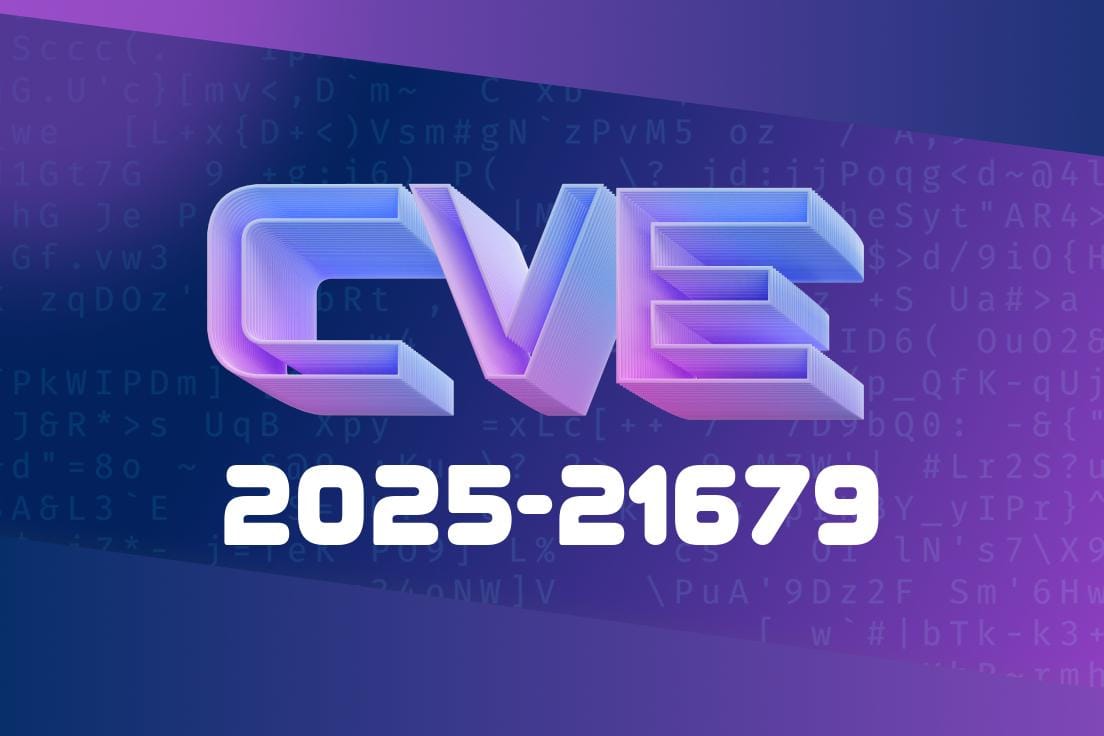A recent security flaw, CVE-2025-21679, was discovered and patched in the Linux kernel’s Btrfs (B-tree File System) implementation. The issue resided in the function get_canonical_dev_path, where error handling was missing after a call to d_path(). This oversight could have led to crashing the kernel, possible privilege escalation, or denial-of-service by dereferencing invalid memory. In this article, we’ll break down what happened, why it’s important, and show you details from the code—including a simplified proof of concept for exploitability.
What is CVE-2025-21679?
CVE-2025-21679 is a vulnerability caused by missing error checks in the Btrfs code, specifically in get_canonical_dev_path(). The function tried to use the result of d_path() without checking whether it had failed. If d_path() failed (for example, due to invalid input or resource issues), the following code would still try to use the returned pointer, likely causing a kernel crash or worse.
Why should you care?
- Impact: Local users could potentially crash the kernel, trigger deny-of-service, or in specific scenarios, attempt to escalate their privileges.
Let’s look at the code snippet causing the issue
char *p;
p = d_path(&path, buf, buflen);
strscpy(device_path, p, sizeof(device_path));
The problem? If d_path() fails, it returns an error-encoded pointer (not a valid string). The next strscpy() then copies from this invalid pointer, causing undefined behavior—often a kernel panic.
The security patch added missing error handling
char *p;
p = d_path(&path, buf, buflen);
if (IS_ERR(p)) {
ret = PTR_ERR(p);
goto out;
}
strscpy(device_path, p, sizeof(device_path));
Now, if d_path() fails, the function gracefully exits instead of continuing dangerously.
Relevant commit:
https://git.kernel.org/pub/scm/linux/kernel/git/torvalds/linux.git/commit/?id=f0569eb702732b9dafce7a52b7485b1ce88ab22
By crafting Btrfs mount options or device nodes, they could cause an invalid path reference.
- When the kernel then tries to strscpy() from this error pointer, it may crash (kernel panic) or, in rare cases, execute unwanted memory access.
Proof-of-Concept (PoC)
Suppose you have access to mount/unmount operations and can corrupt device nodes or simulate a failing d_path(), you might use code like:
// Not an actual exploit, but pseudocode for what could have happened:
// Faulty device leading d_path() to fail
int ret = btrfs_mount("/dev/faultydevice", "/mnt/test", ...);
if (ret < ) {
printf("Mount failed as expected\n");
} else {
// In vulnerable kernel, this could panic the system
}
In practice, exploiting kernel bugs like this requires deep understanding of the code and triggering precise error states, but the risk is very real in production systems.
Recommendations
- Apply kernel updates: This bug is patched in recent Linux kernel releases (see full commit).
Check Btrfs usage: If you use Btrfs, ensure your system is up to date.
- Limit local access: Reduce permissions to mount/unmount for non-administrative users.
References
- Upstream Kernel Patch Commit
- CVE Detail for CVE-2025-21679 (soon to be listed)
- Btrfs Wiki
Final Thoughts
CVE-2025-21679 is a classic example of how missing just a simple error check in kernel code can result in severe consequences. Always keep your systems updated and follow best practices for filesystem and kernel security. For further reading and more technical insights, check out the official kernel commit links and security advisories. Stay safe!
Timeline
Published on: 01/31/2025 11:25:40 UTC
Last modified on: 10/15/2025 13:39:54 UTC
